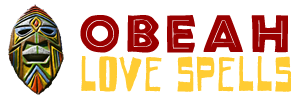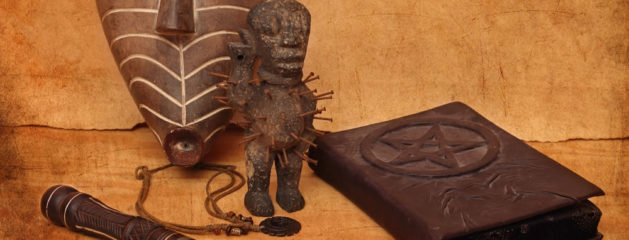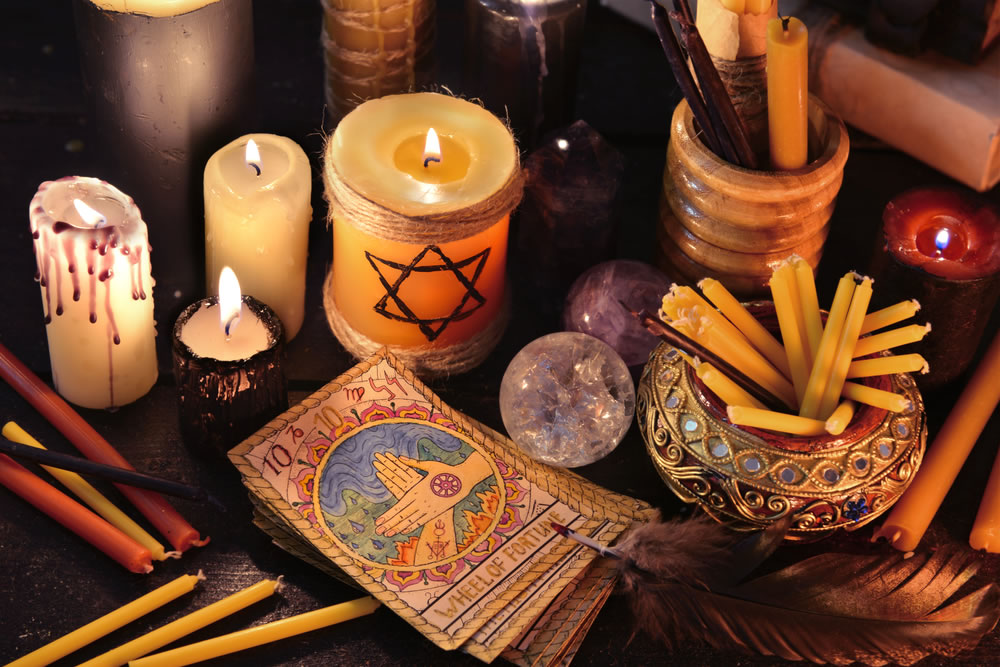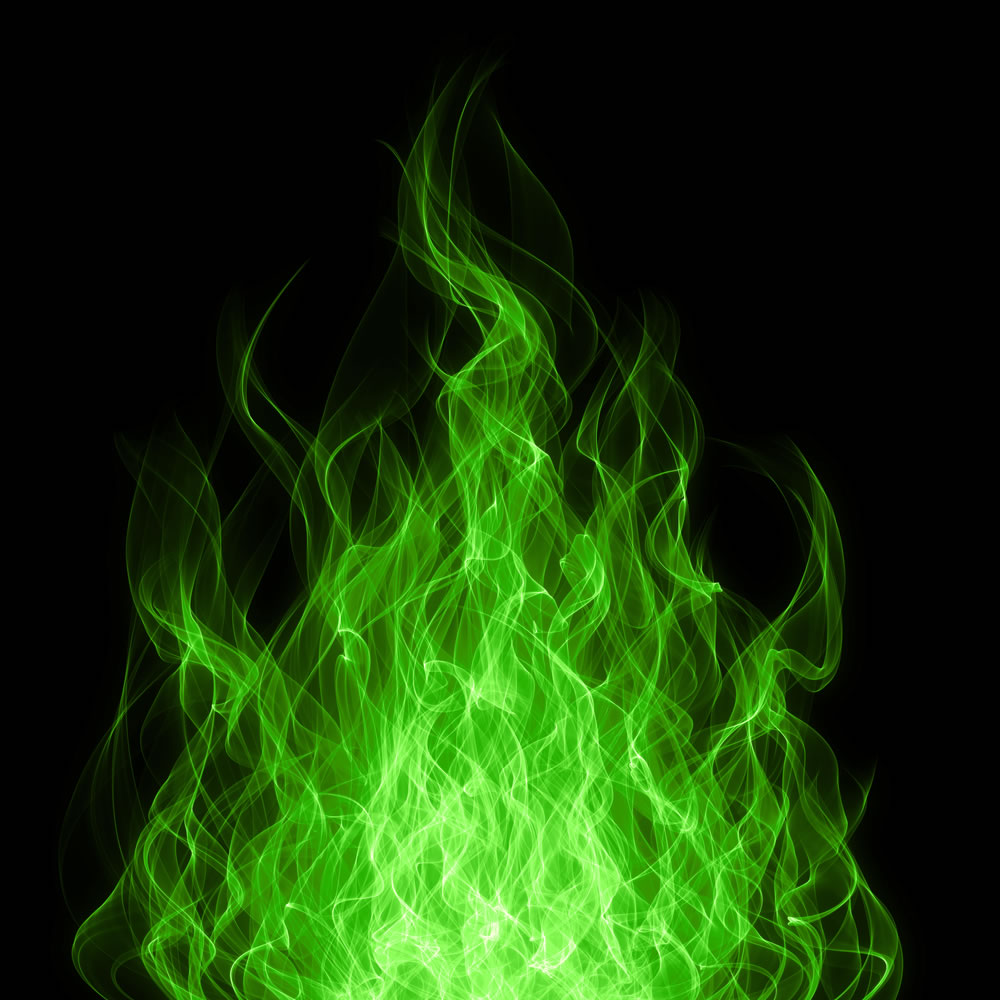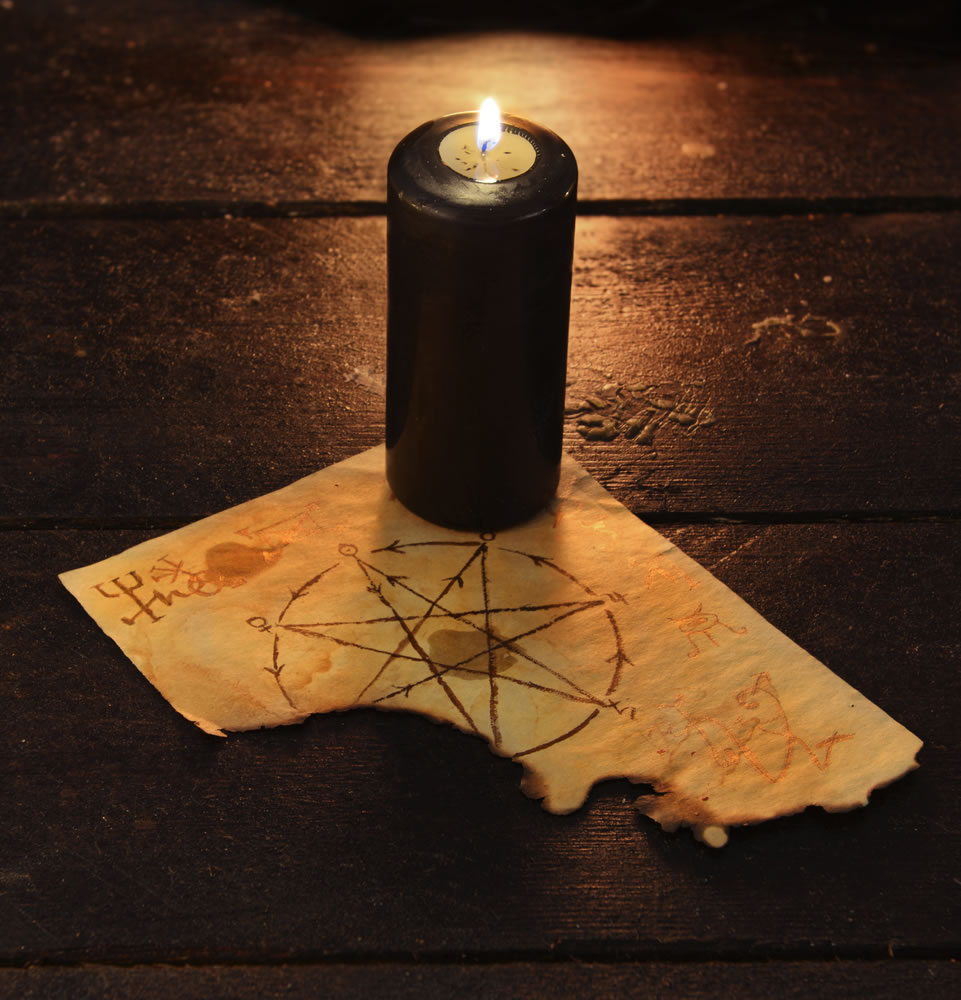We live in a world that is both physical and spiritual, that is an undeniable fact. In every culture, among every people of the planet both ancient and modern, there have been those who have been put here among us that have been given the gifts to better explain, or even tap into those spiritual or metaphysical forces. These people have been called Shamans, Medicine Men, Priests and Rabbis; and among the people of Africa – Obeah Men.
Obeah has its origins among the peoples of Africa and has been heavily practiced in the Ivory Coast and Caribbean countries. It has alternatively been referred to as “Obi”. Like many ritualistic practices that come from this part of world; especially by those in the Western Cultures and practitioners of so-called “Modern Religions”; Obeah is much maligned as “Black Magic” or “Witchcraft ”. Obeah has been lumped together with other African ritualistic practices such as Santeria and Voodoo and dismissed as so much superstition – or worse labeled as demonic or satanic practices. Nothing could be further from the truth.
As with any undeniable metaphysical power – and the effects of Obeah are very real and have been documented – Obeah practices can be used for “good” or “evil”. There are both “Black” and “White” Magic aspects to Obeah. The word “Obeah” comes from the Ashanti word for “Sorcery” – again a word that often carries a negative context. A “Sorcerer” has been defined as one who can manipulate the fundamental powers of the universe to effect physical change. Even in Western tradition, “Sorcerers” were those who could do that for good or evil. This is also true of “Obeah Men”, who have also been called Myal Men. Obeah rituals do involve the use of spells, charms, Talismans, and shamanistic objects, and over the years with the blending of cultures “Obeah” has also come to be used as a generic term to refer to any object of mystical power.
Obeah is not a religion in the traditional sense in that it does not involve churches, shrines congregations, or have a specific underlying ritual infrastructure. However it does involve the invoking of deities. It is a powerful and authentic “folk magic” if you will, that has brought healing, love, and good fortune to those that believe and practice Obeah. Practitioners of Obeah are firm believers in God, and know that their power and ability to tap into the spiritual forces of the universe come from God.
Now it is true that among the practitioners of metaphysical and occult arts, Obeah and Obeah Men are among the most powerful and the most feared. They have been called Necromancers and Warlocks. And while there is no doubt there have been those that have used Obeah for demonic purposes, it has been feared mostly because of its undeniable power. It should not be considered a “Black Art”. Obeah has always been closely associated with God and religion. In fact there are researchers on the subject of Obeah that trace its origins to Ancient Egypt. Some Biblical scholars believe that when Moses himself turned his staff to a serpent at the foot of Pharaoh, he was channeling the power of God using Obeah. Interestingly enough the Ancient Egyptian word for “Serpent” was “Aub” – which could also be pronounced and spelled “Ob”. It is likely that this may be the very etymology of the origin of the word “Obeah”, and perhaps Moses was indeed the most powerful Obeah Man who ever lived.
While that may be a topic for intense scholarly debate, what is indisputable is that Obeah Men can tap the source of the fundamental powers of the spirit world. And with divine sanction, use those forces to create spells, find answers, and predict the future. Obeah practitioners gain insight and assistance from metaphysical planes, and through their own individual skills, and their undeniable powers.
